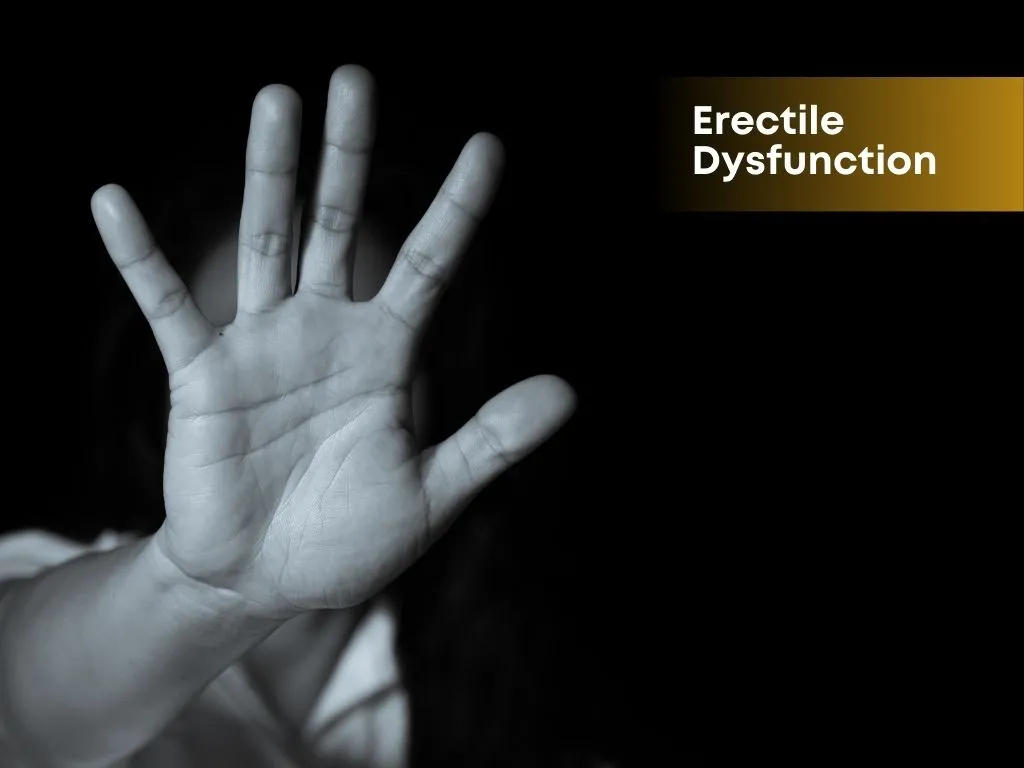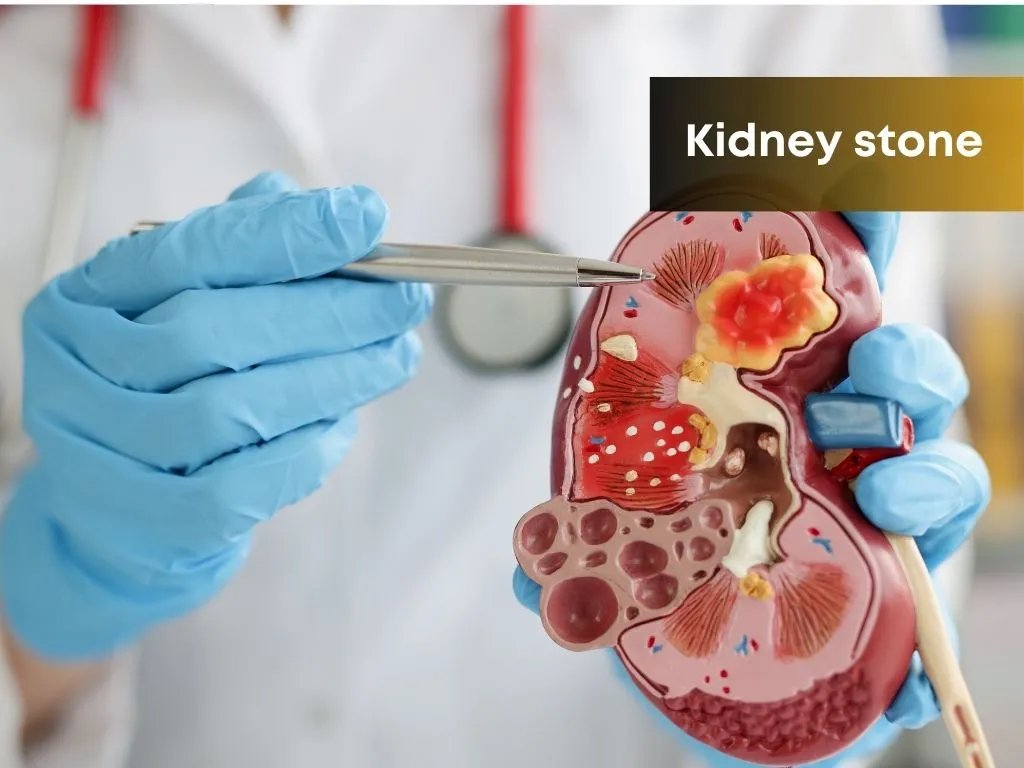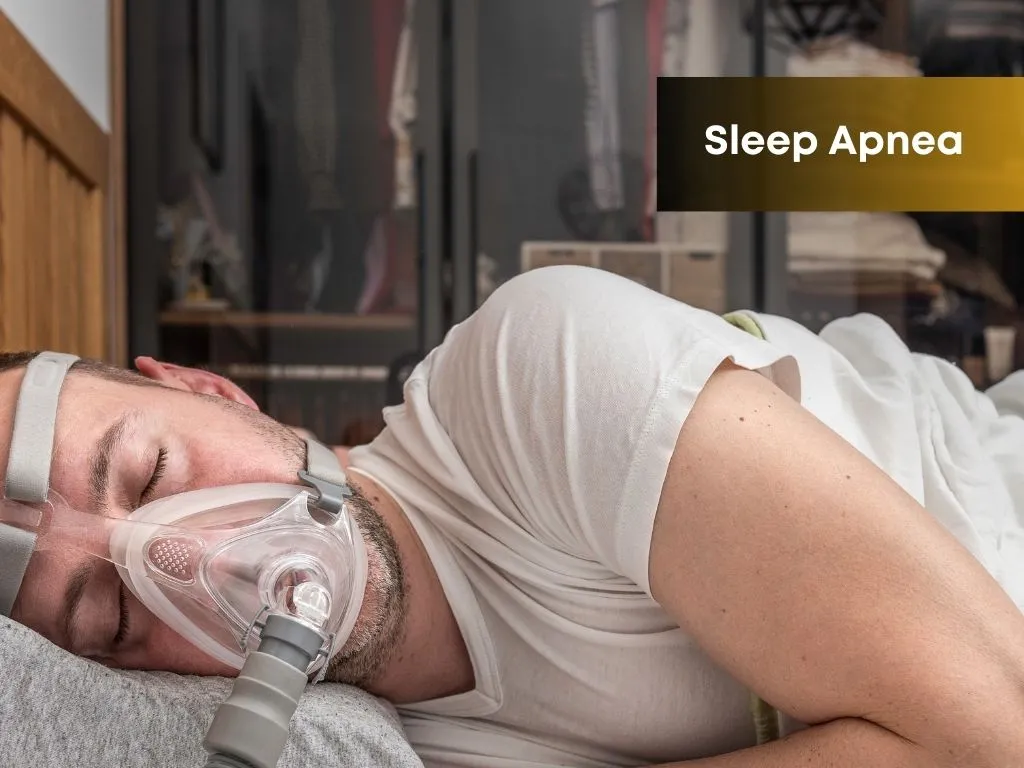Erectile Dysfunction
-
 Nalamaree Team
Nalamaree Team
- 24 September 2025
Overview
Erectile dysfunction , also known as impotence, is a condition characterized by the inability to achieve or maintain an erection firm enough for sexual intercourse. It can occur intermittently or persistently and can be caused by various factors, including physical, psychological, or a combination of both.
Causes
Physical causes of erectile dysfunction may include:
Psychological factors that can contribute to erectile dysfunction include:
Symptoms
Treatment: Modern Medicine
Treatment: Traditional Medicine
Here are some traditional and home remedies that may be beneficial:
Caution




















.jpg.webp)
